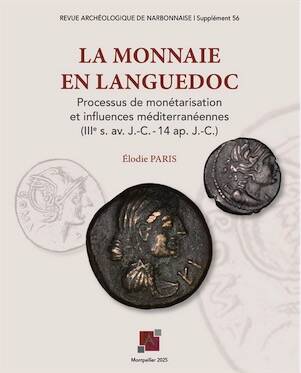- Recherche
- Recherche avancée
Swords against the Senate. The rise of the roman army and the fall of the Republic, 2002, 464 p., br. -
In the first century BC, Rome was master of the world but could not control its own citizens and its own army. After Rome defeated its age-gold enemy, Carthage it was the undisputed ruler of a vast empire. Yet, at the heart of the roman Republic was a peculiar flaw : an uneradicable tension between the aristocraty and the plebians, and each regarded themselves as the foundation of Rome's military power. Swords against the Senate relates how the Republic began to come apart amid and military and political turmoil - the smouldering anger of the common people, a petty war against a treacherous North African prince, an invasion by Germans, and a italian political uprising. In the crisis Gaius Marius, the people's general rises to despotic power but its eventually replaced by the brutal dictator Sulla, who turns spawns the man who would transform turmoil into imperial triumph, Julius Caesar. In this fast-paced, fact-filled work, personal intrigue, treachery, and occasional moral virtue vie for the reins of power. The roman army, once invicible against foreing antagonists, becomes a tool for the powerful and government its foe. Erik Hildinger's first book was a transaltion, from the latin, of the story of the Mongols whom we call the Tartars. His following work was the widely acclaimed warriors of the steppe : a military history of Central Asia from 500 BC to AD 1700.
Référence : 23685.
Anglais
56,00 €
Dans la même époque
Nouveauté

Archéologia Hors Série n° 41, Mars 2025. Par tous les dieux ! Exposition au musée de Normandie de Caen.
Réf : 57918.
Français
12,00 €
Nouveauté

46,00 €


